
There is no previous post
Previous Post
Next Post
There is no next post
Smarter Urban Mobility with Karsan eJEST
Why Electric Microtransit is Thriving in Cities Like West Palm Beach
As cities seek sustainable, inclusive transportation models, electric microtransit has emerged as a scalable solution — not just a trend. In places like West Palm Beach, Florida, the integration of the Karsan eJEST into Circuit’s on-demand shuttle service demonstrates how right-sized, electric vehicles are reshaping mobility for modern urban centers.
What the eJEST Brings to Urban Transit:
Why All-Electric, On-Demand Shuttles Make Sense for City Life
In walkable, high-density environments like South Florida’s urban cores, short trips — under three miles — are common. These trips often connect hotels, beaches, business districts, and entertainment hubs. Traditional vans are too small, and standard buses are often too large or inefficient for these routes.
The Karsan eJEST, a fully electric minibus, strikes the perfect balance:
- Quiet operation and full air conditioning
- Compact footprint for easy navigation through narrow streets
- Zero-emission performance that aligns with climate goals
By replacing personal car trips and reducing parking demand, on-demand electric shuttles also help cities address traffic congestion and support first-mile/last-mile solutions to regional transit.

Advancing Sustainability Goals with the eJEST
Many coastal cities are now integrating climate resilience and emission reduction into their transit policies. The eJEST aligns perfectly with these priorities:
- All-electric operation supports cleaner air
- Reduced noise pollution improves urban livability
- A modern fleet signals leadership in sustainability
Who Benefits from Right-Sized Electric Transit?
With improved frequency and coverage, electric minibuses like the eJEST deliver real-world benefits across multiple rider groups:
1. Commuters – Frequent, nimble service tailored to peak hours eases congestion and supports productivity.
2. Tourists – Easy-to-understand and visible shuttles make exploring cities simple and welcoming.
3. Seniors & People with Disabilities – Low floors, smooth acceleration, and full accessibility create inclusive, dignified transit.
4. Students & Youth – Safe, affordable options empower younger riders and promote long-term transit habits.
5. Car-Free Households – In walkable communities, reliable microtransit improves quality of life.
6. Shift Workers – Off-peak or late-night riders benefit from flexible service options where larger buses may not be viable.
The eJEST does not require a commercial driver’s license (CDL), making it easier for cities to recruit and train drivers from within the community. This flexibility lowers staffing barriers and expands workforce opportunities — especially in programs aimed at economic inclusion or local hiring.
A great example is Circuit’s partnership with the City of San Diego, where on-demand, all-electric shuttles are used to provide essential mobility services as part of the Safe Sleeping Program. Cities looking to modernize transit can take inspiration from this approach — using vehicles like the eJEST to expand mobility, reduce emissions, and create employment with fewer training hurdles and faster deployment timelines.
Smart Charging: How eJEST Supports Fleet Efficiency
The Karsan eJEST is built for both fixed-route and on-demand urban service. With up to 8 hours of operation on a single charge, it's perfectly suited to smaller cities and dense neighborhoods.
Charging Compatibility
Damera offers a full electrification package including ABB and ChargePoint infrastructure:
- ABB Terra DC Wallbox – 4-hour overnight charging with gentle power delivery to preserve battery life
- ChargePoint CPF50 – Smart, compact charging designed for small to medium-sized fleets
These chargers offer:
- Plug-and-play operation
- Standard CCS2 connectors
- Weatherproof and rugged housing
- Wall-mounted designs for space-constrained depots
No special training is needed — just plug in and let the system manage charging safely and efficiently.

Why Battery-Friendly Charging is Essential
Preserving battery health is key to long-term fleet success. The eJEST, paired with depot-based, overnight charging, helps transit agencies:
- Extend battery life
- Minimize total cost of ownership
- Avoid expensive grid upgrades
- Reduce strain on depot infrastructure
By charging when electricity demand is lowest, agencies also benefit from lower energy rates.
A Proven Solution with Real-World Impact
Implementation of the Karsan eJEST shows measurable success. In fact, agencies often report a 20% increase in ridership within the first 3 months of service.
This model works because the eJEST addresses core urban transit challenges:
- It’s accessible, clean, and affordable
- It improves service frequency without increasing operating costs
- It offers a professional, passenger-friendly experience
Available Now in Canada and the USA
Damera Corporation is the exclusive distributor of Karsan eJEST minibuses in North America and a trusted partner in bus fleet electrification. We provide:
- Electric vehicles tailored to urban and suburban needs
- Charging infrastructure and support
- Strategic guidance on scaling electric transit
Ready to Modernize Your Fleet?
Whether you’re launching a new microtransit program or expanding service coverage, we can help you make the shift.
Contact Damera to learn more about adding the Karsan eJEST and charging solutions to your fleet — and create a cleaner, smarter future for your community.










.svg.avif)











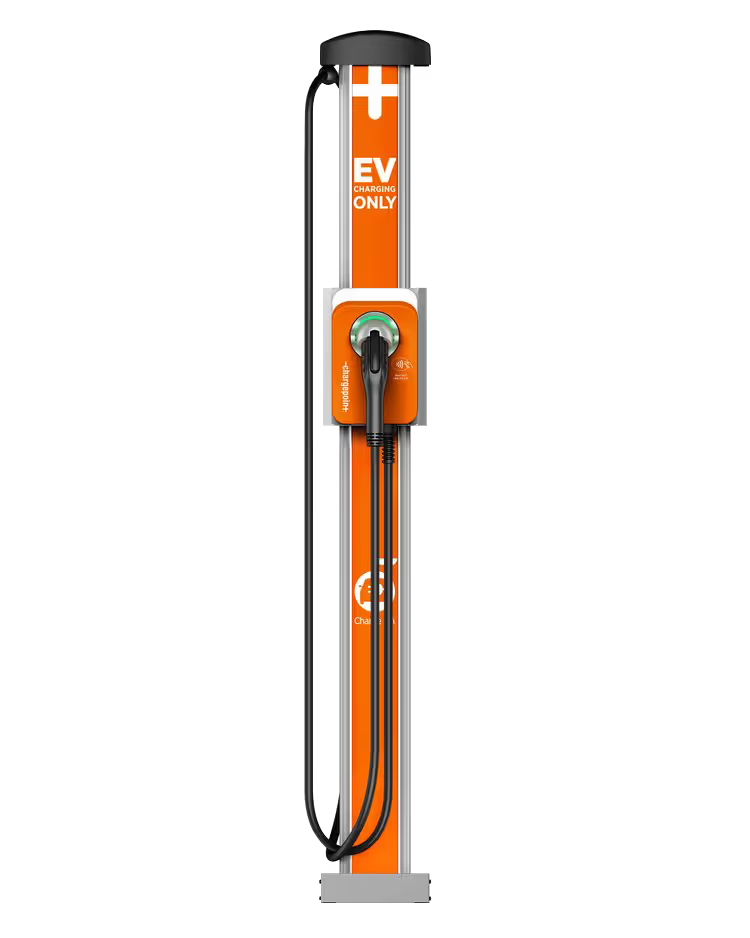





-p-500-p-500.avif)



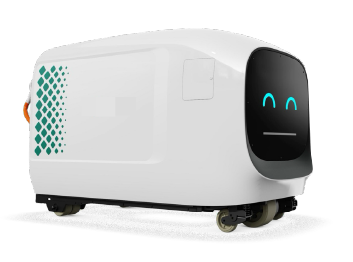
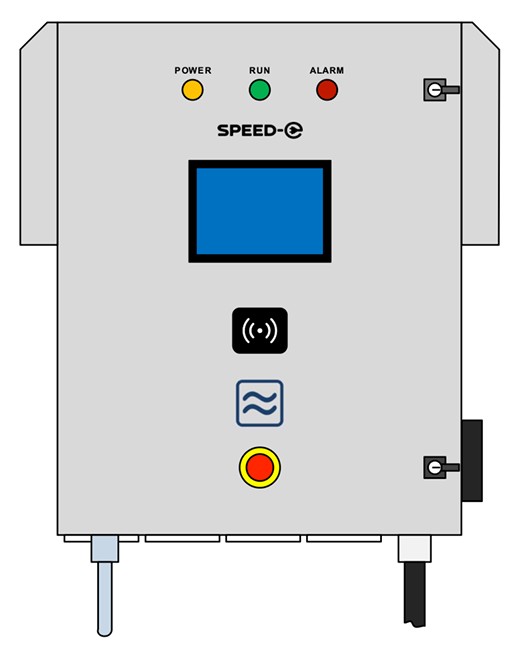
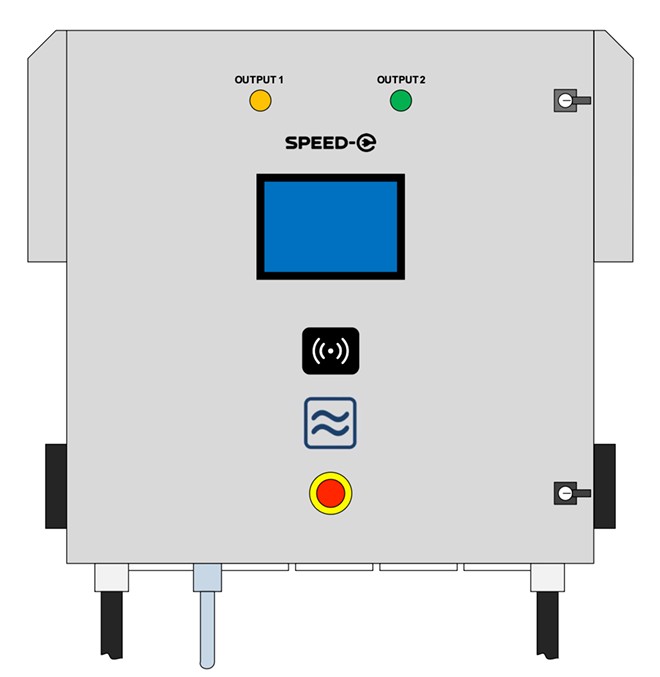

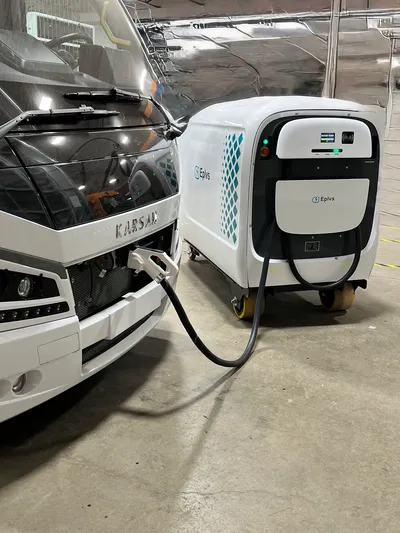
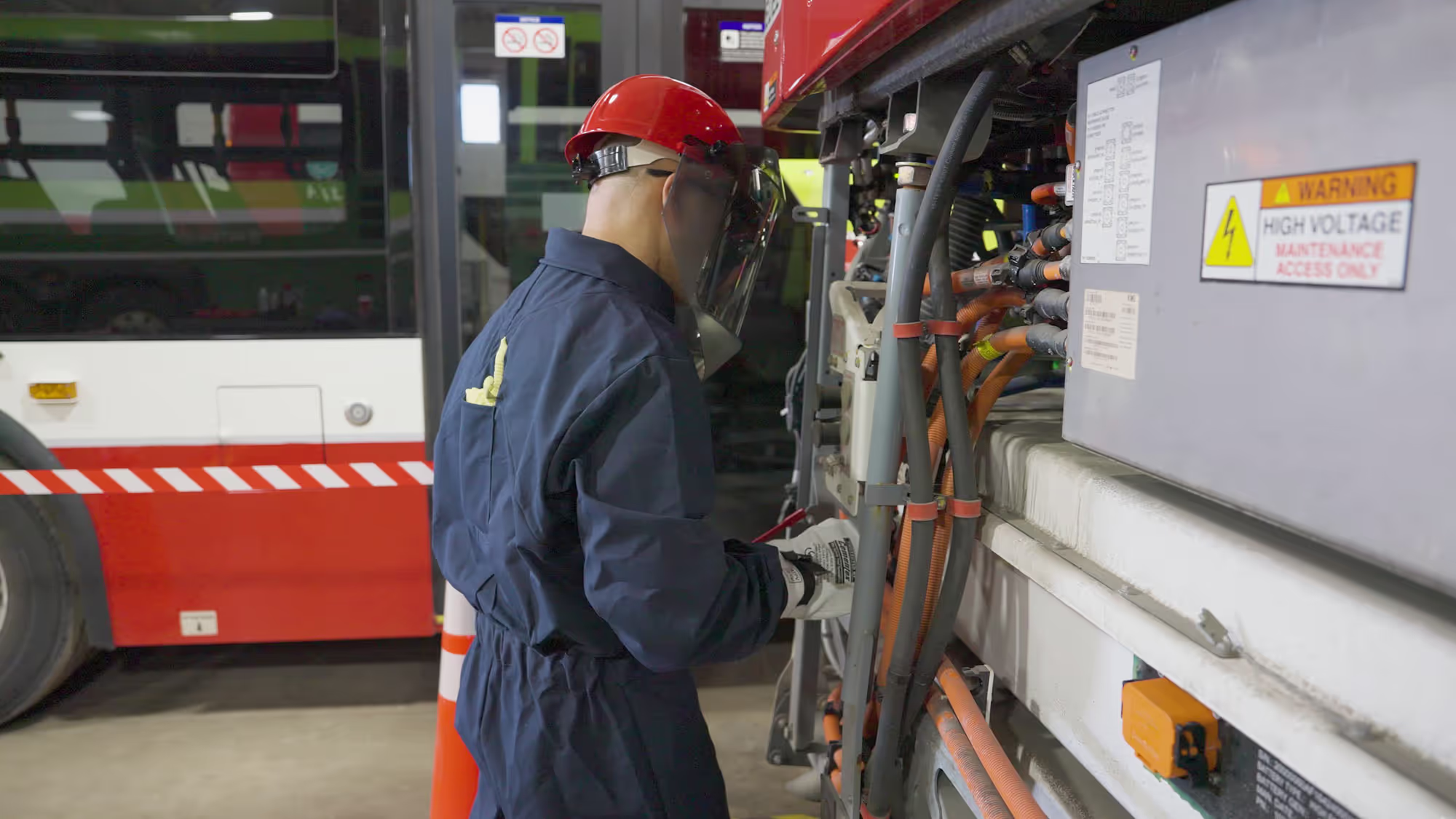


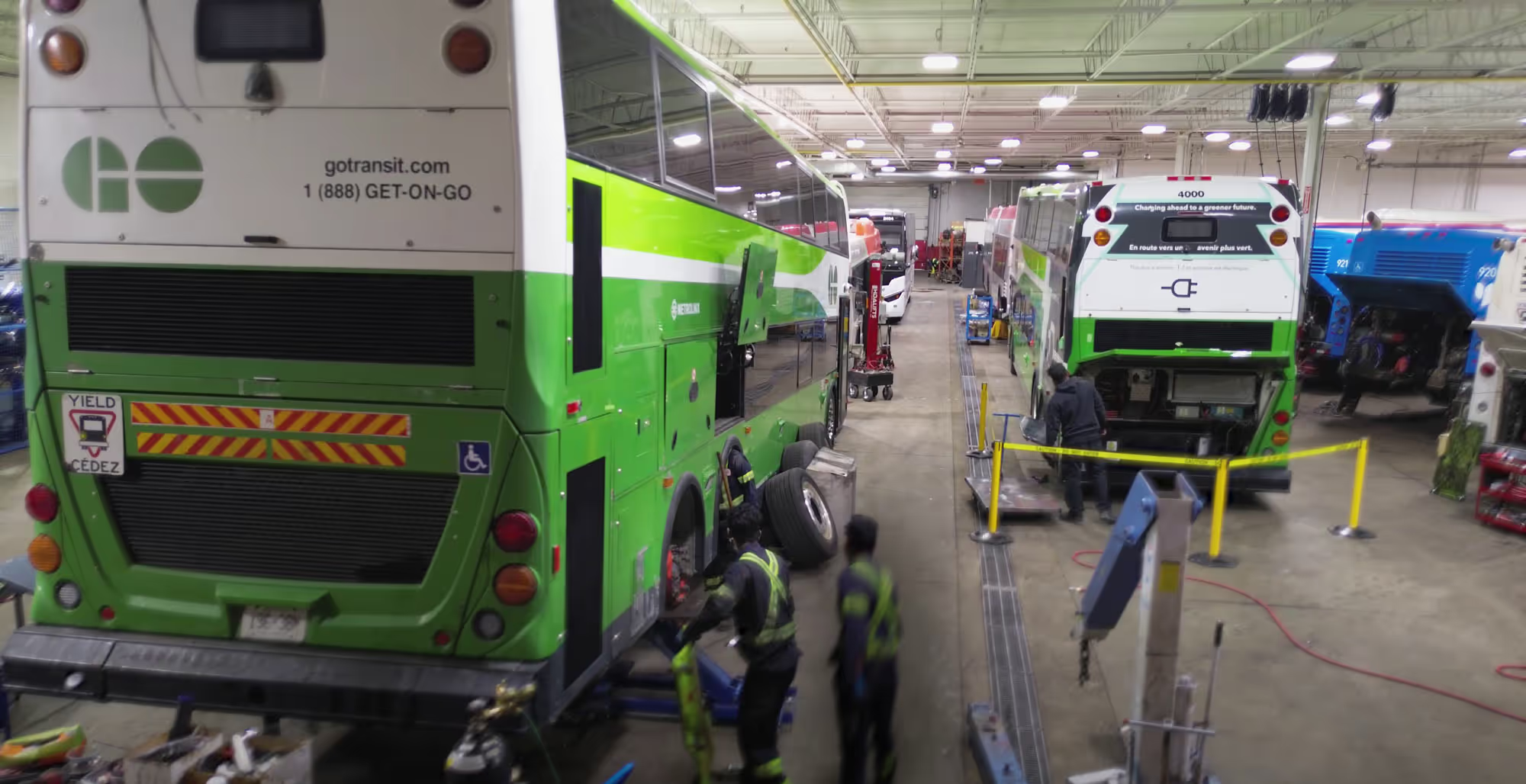





.svg)

















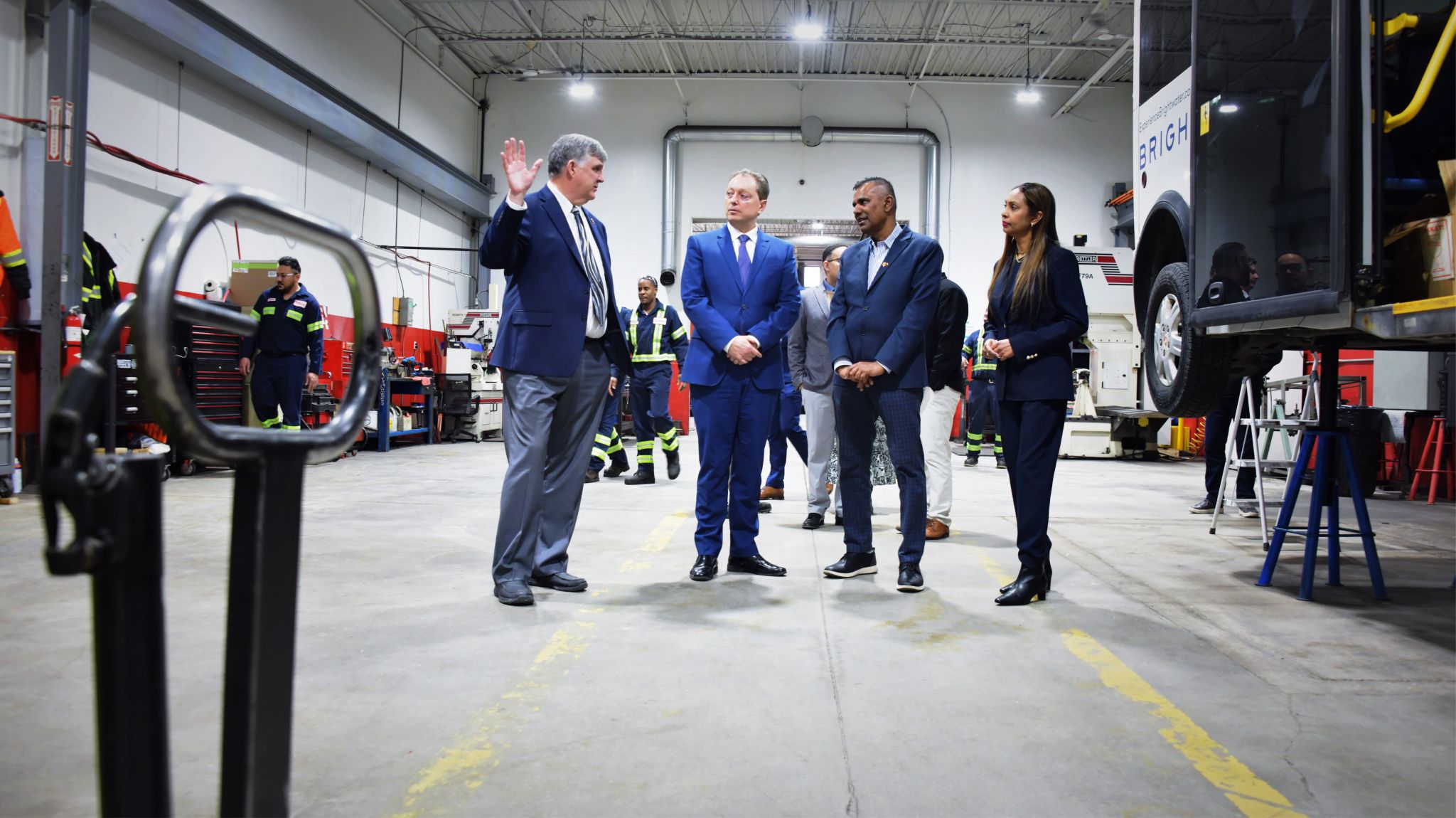

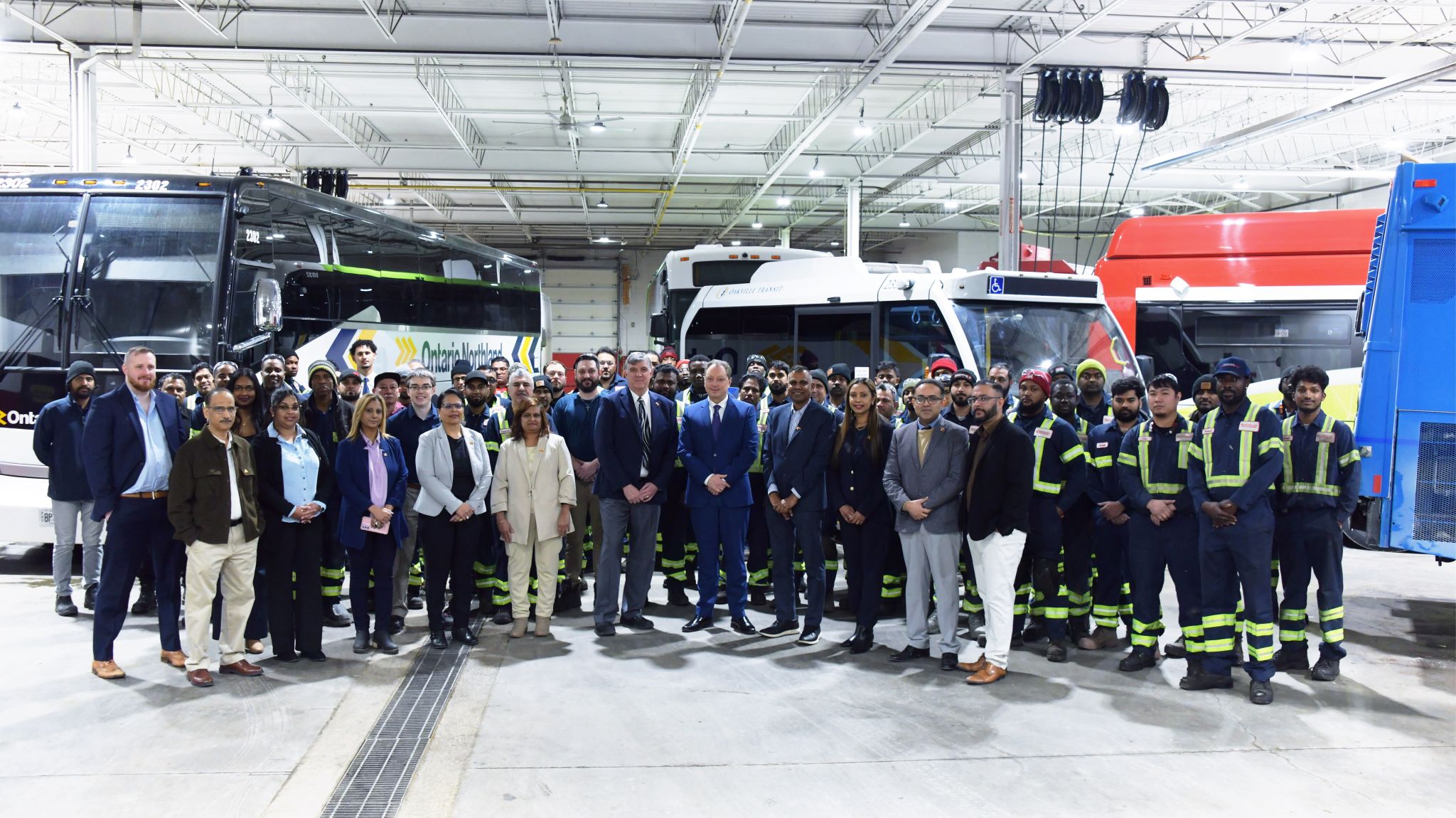

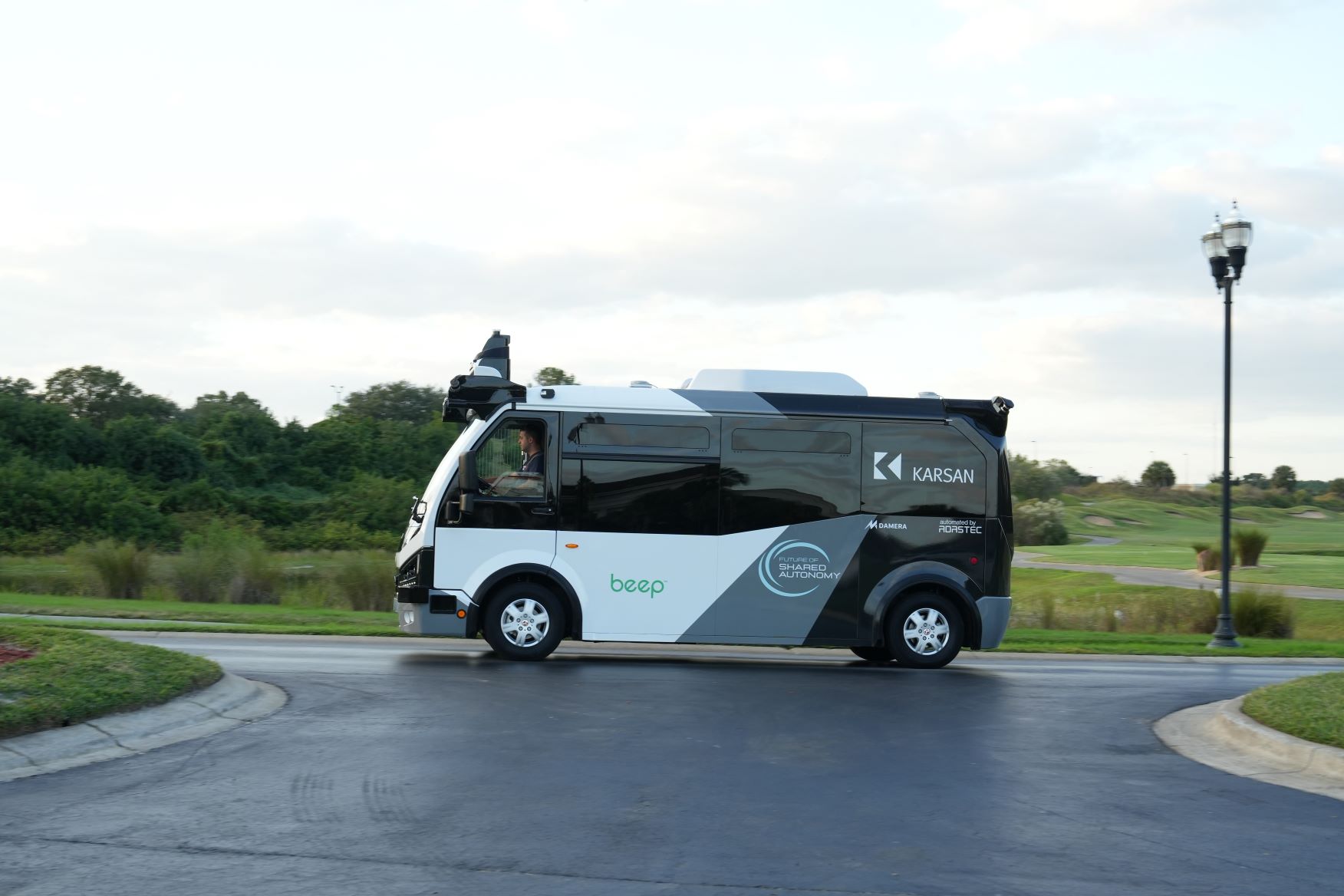
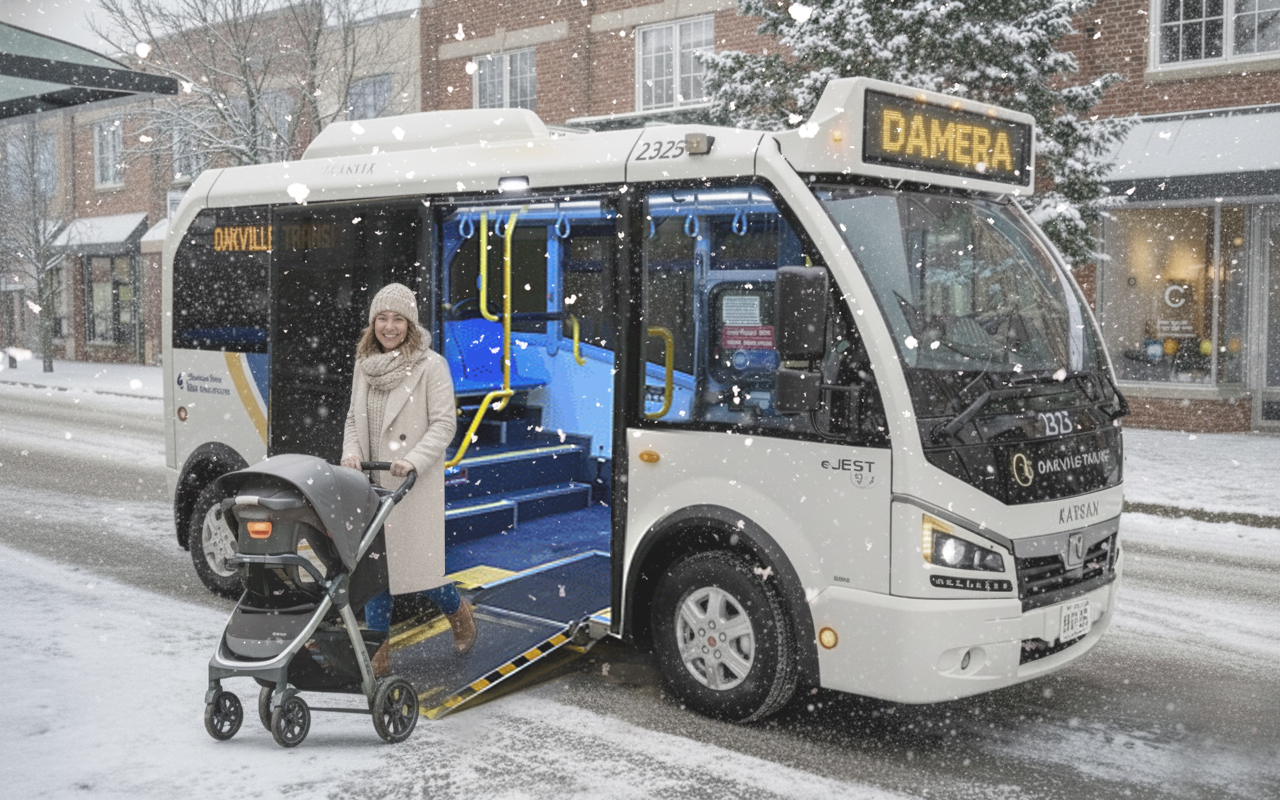


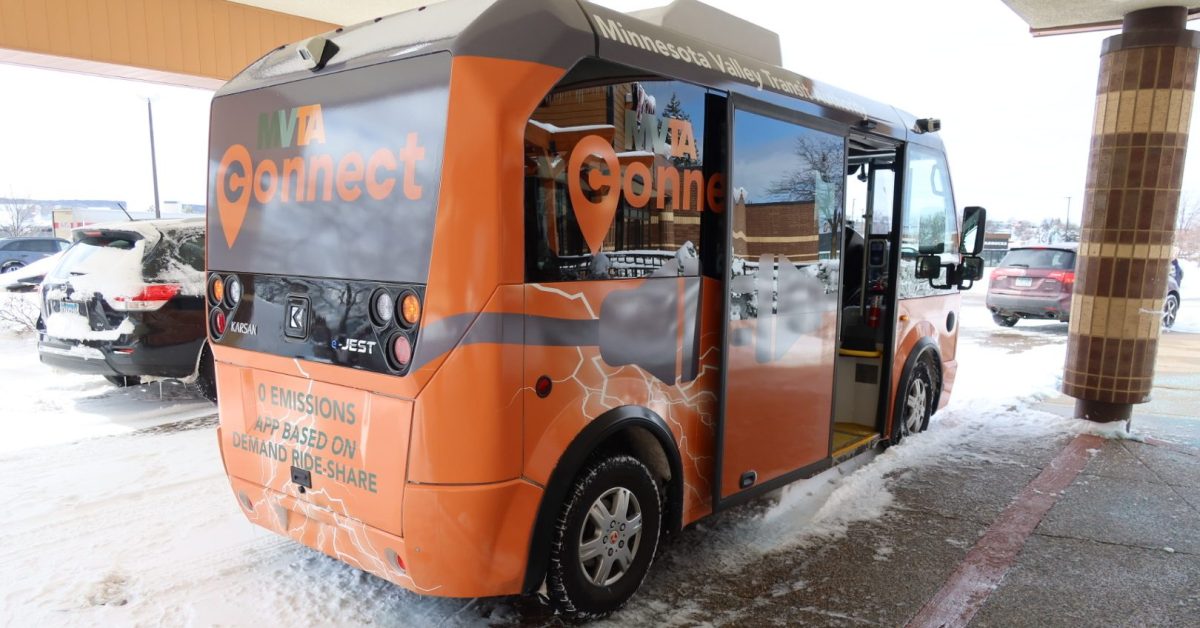

.jpeg)


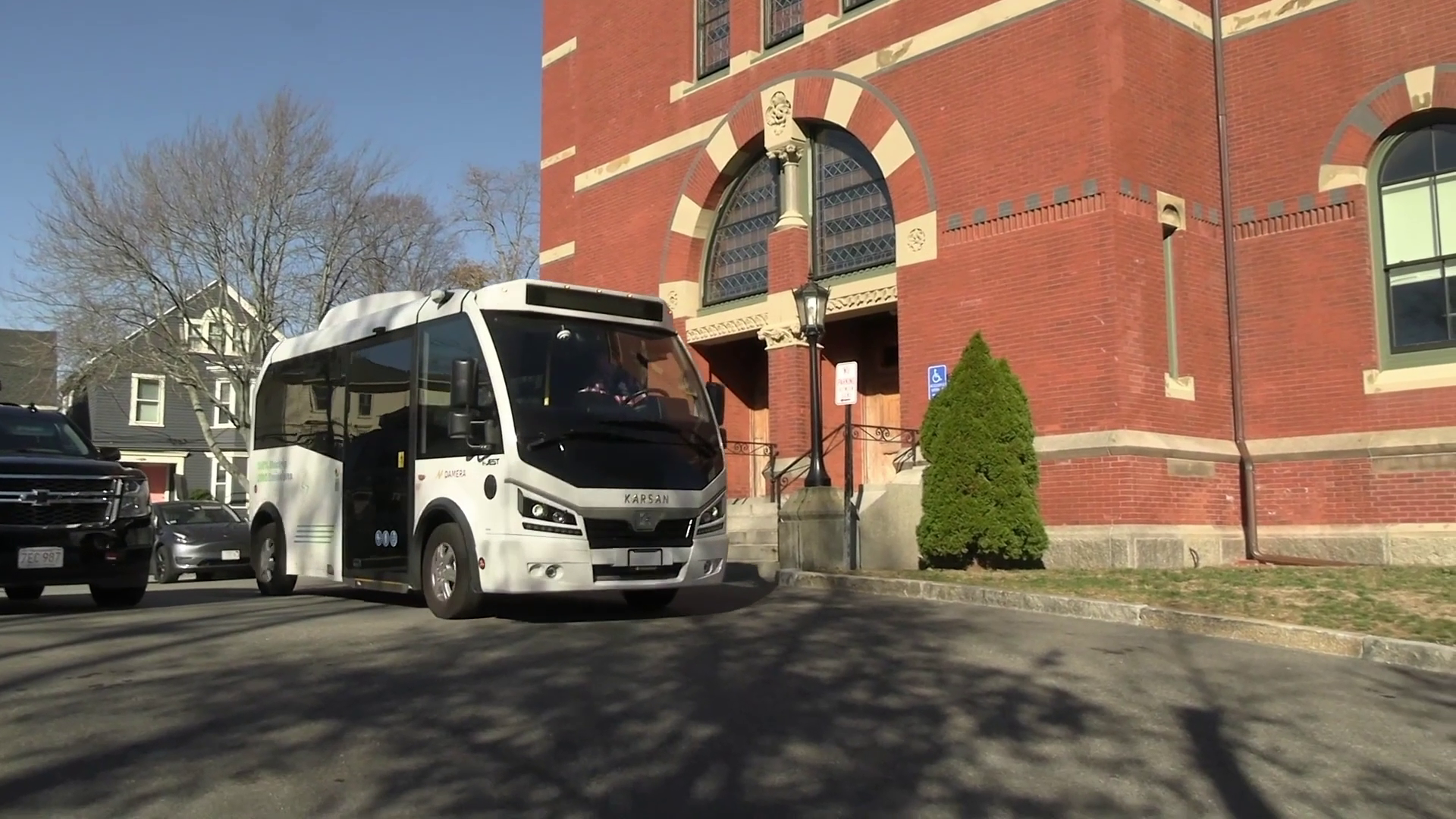
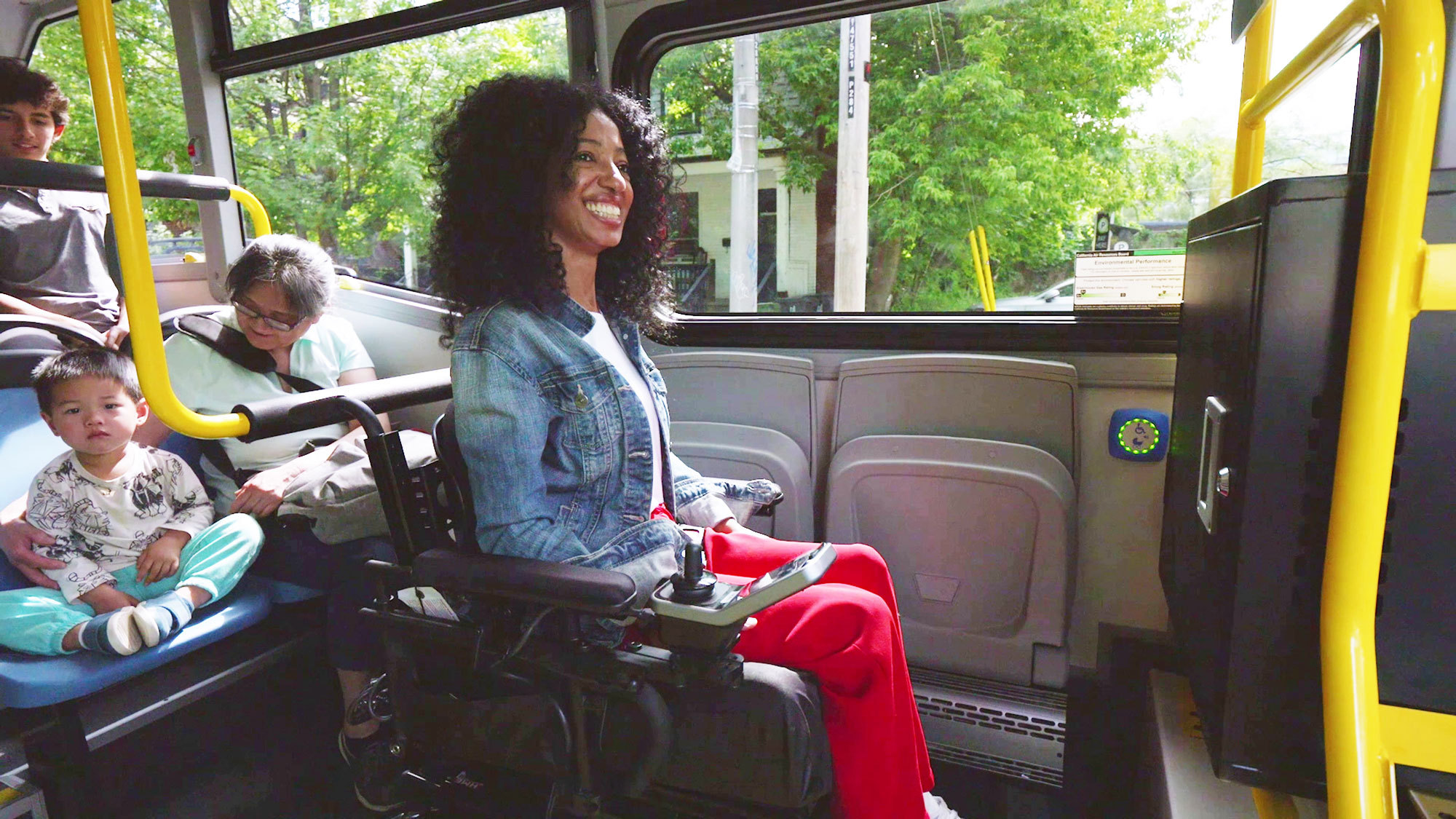
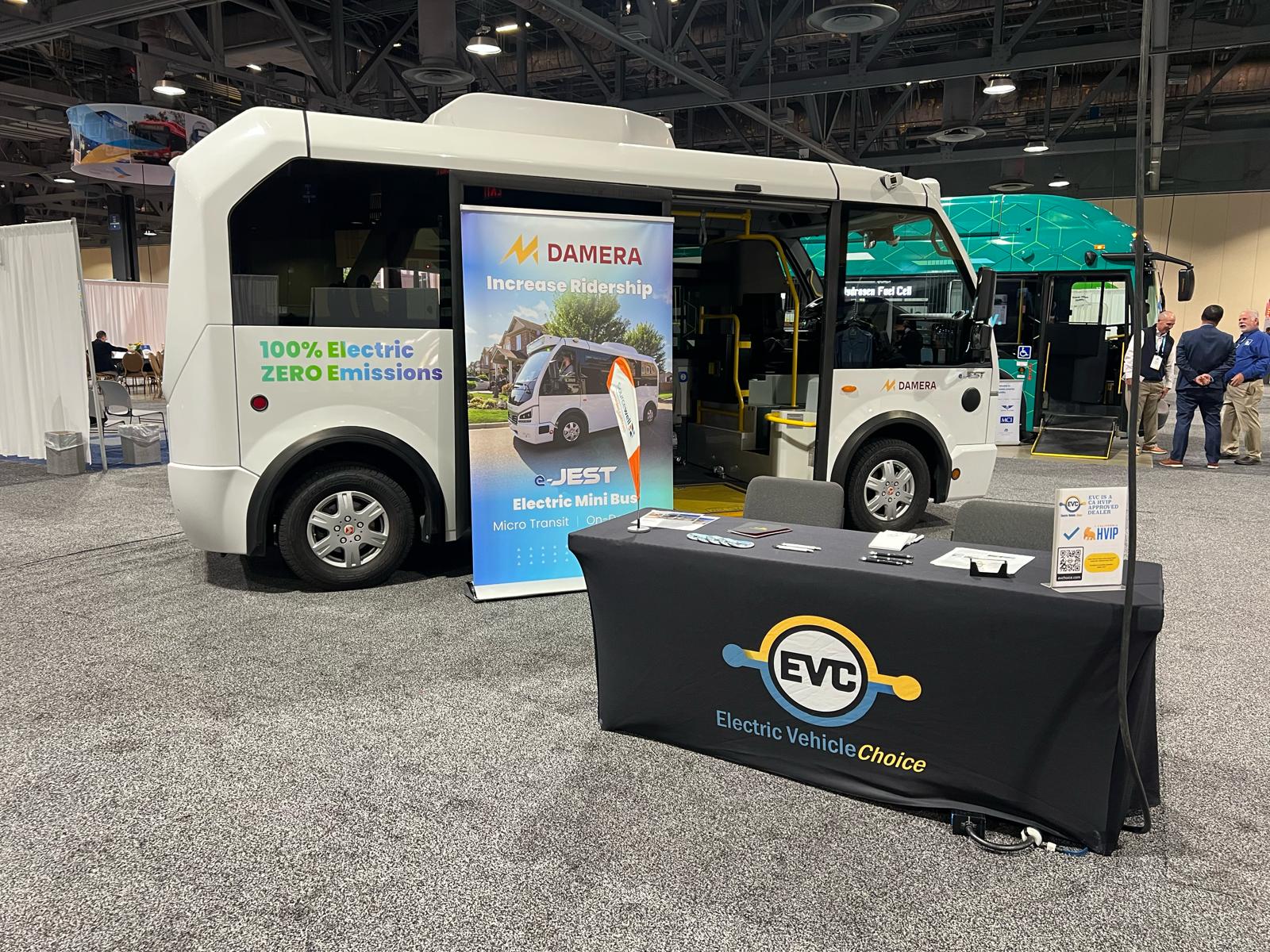
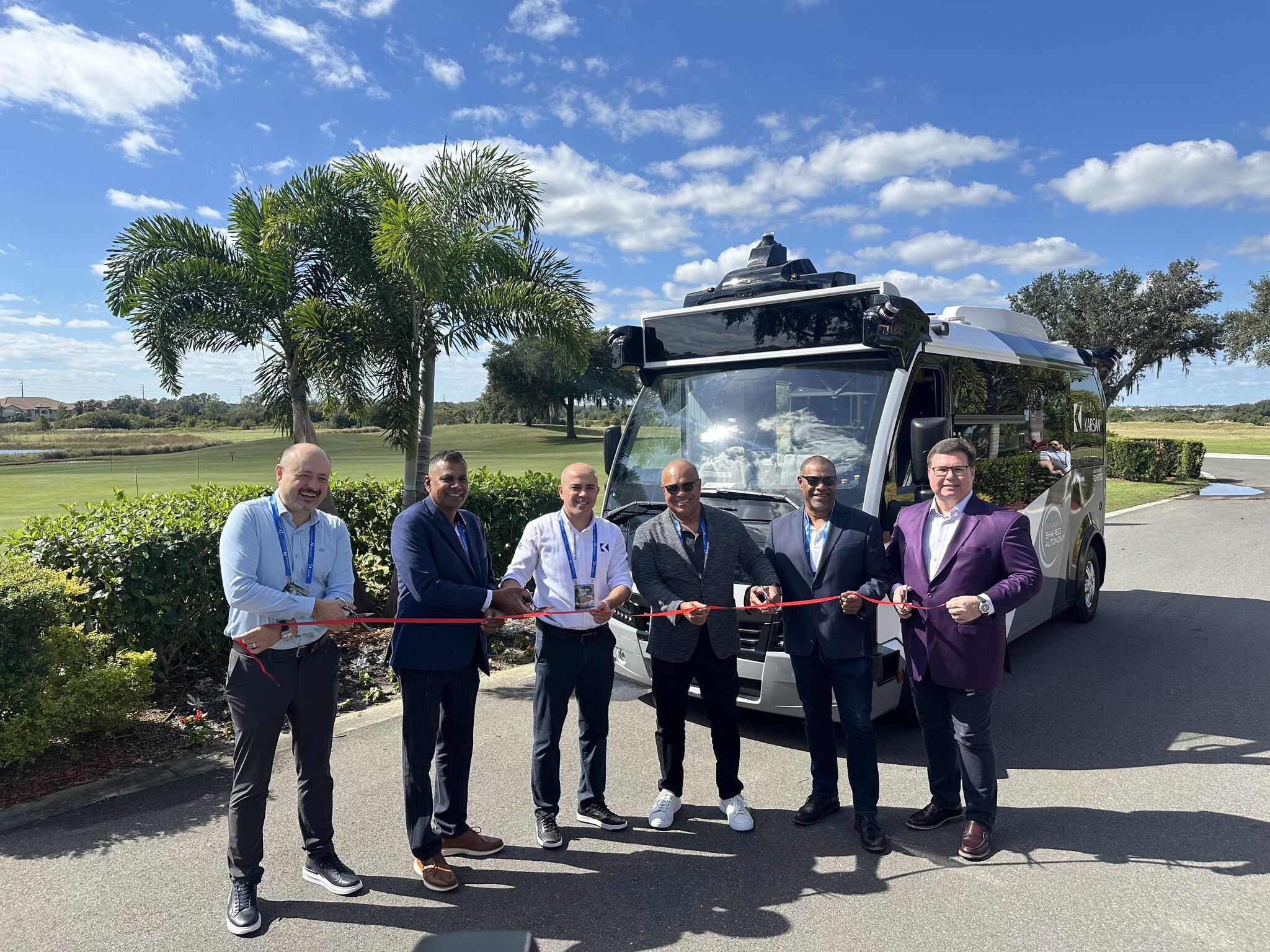

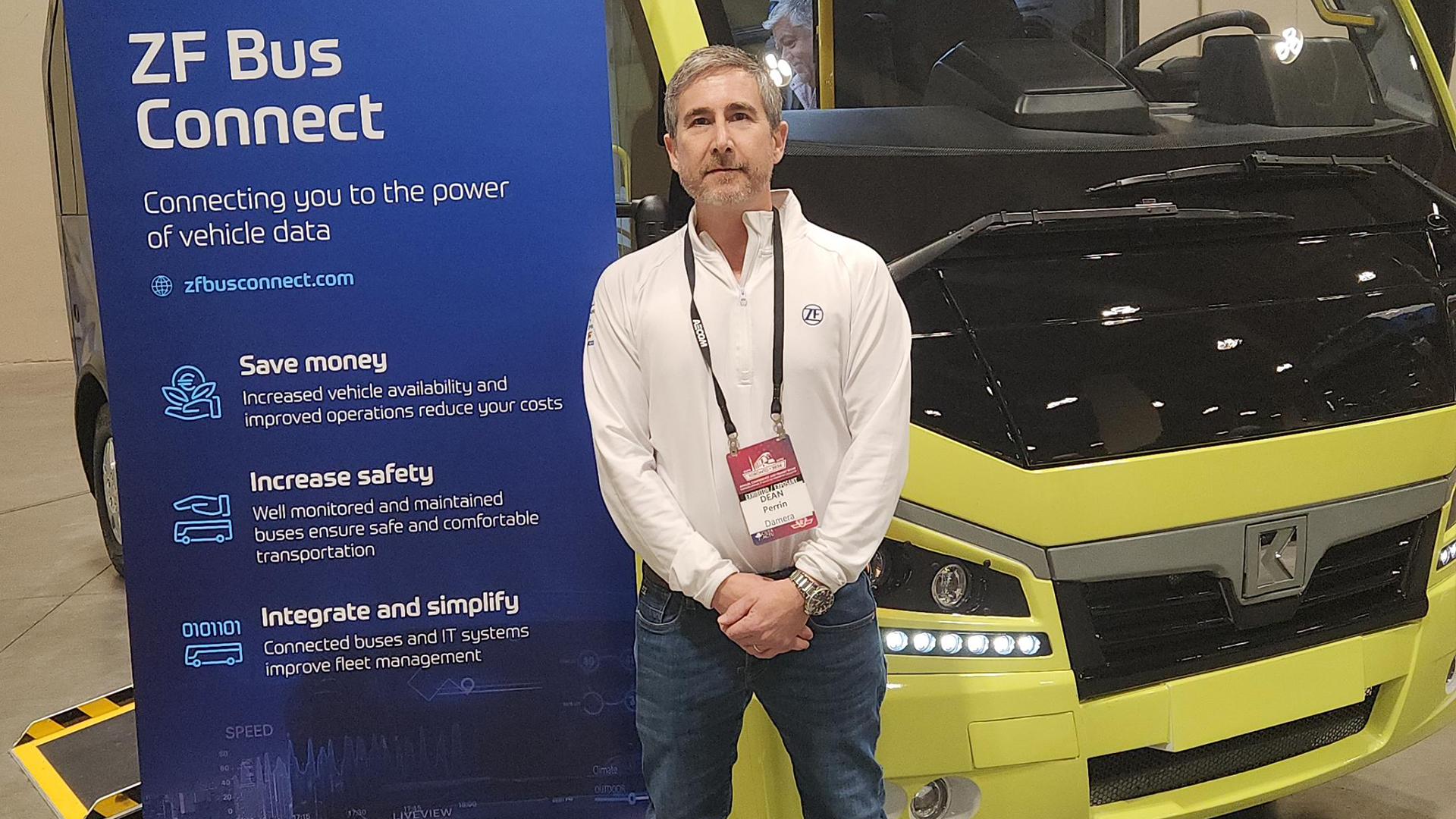

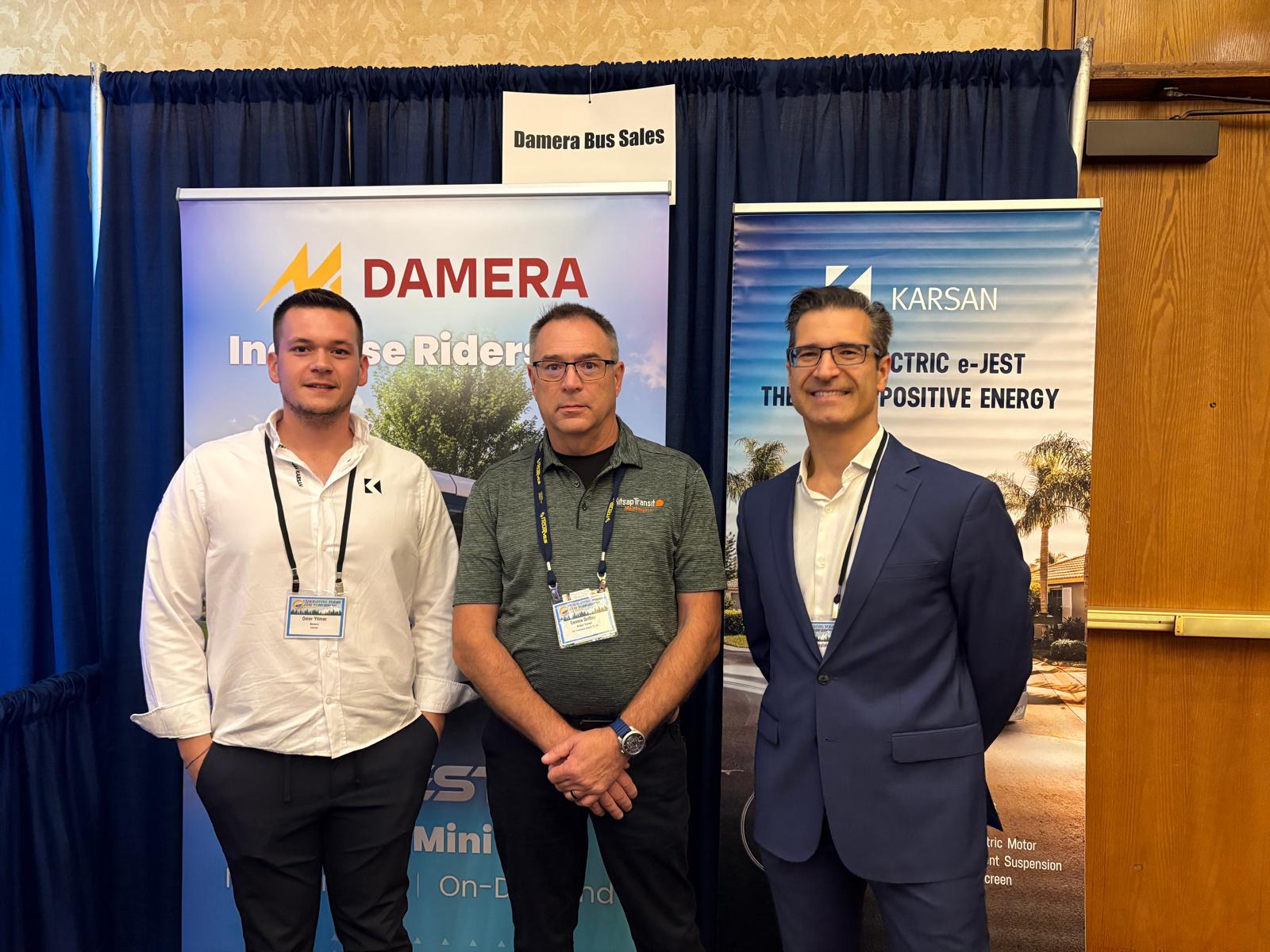
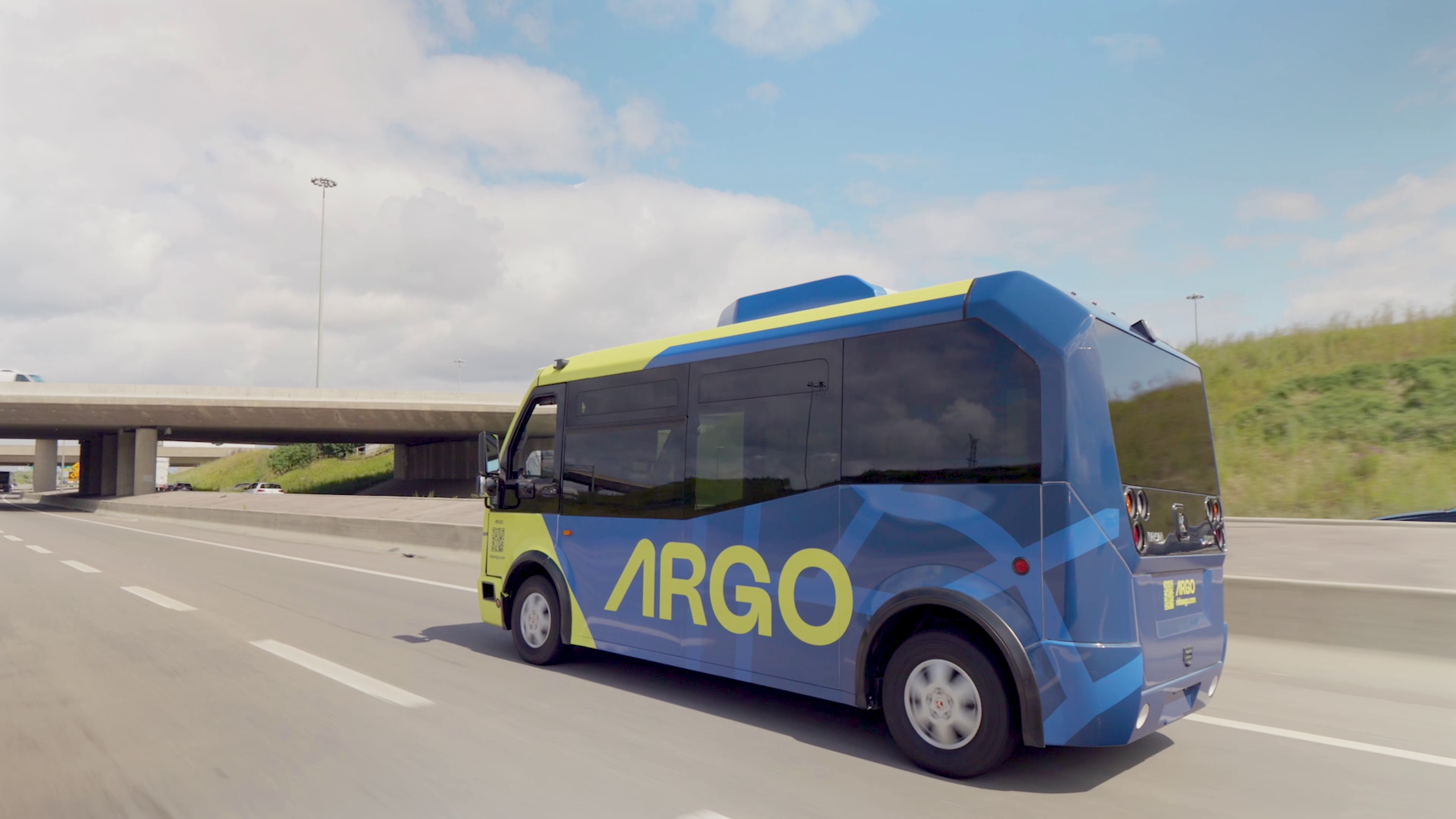
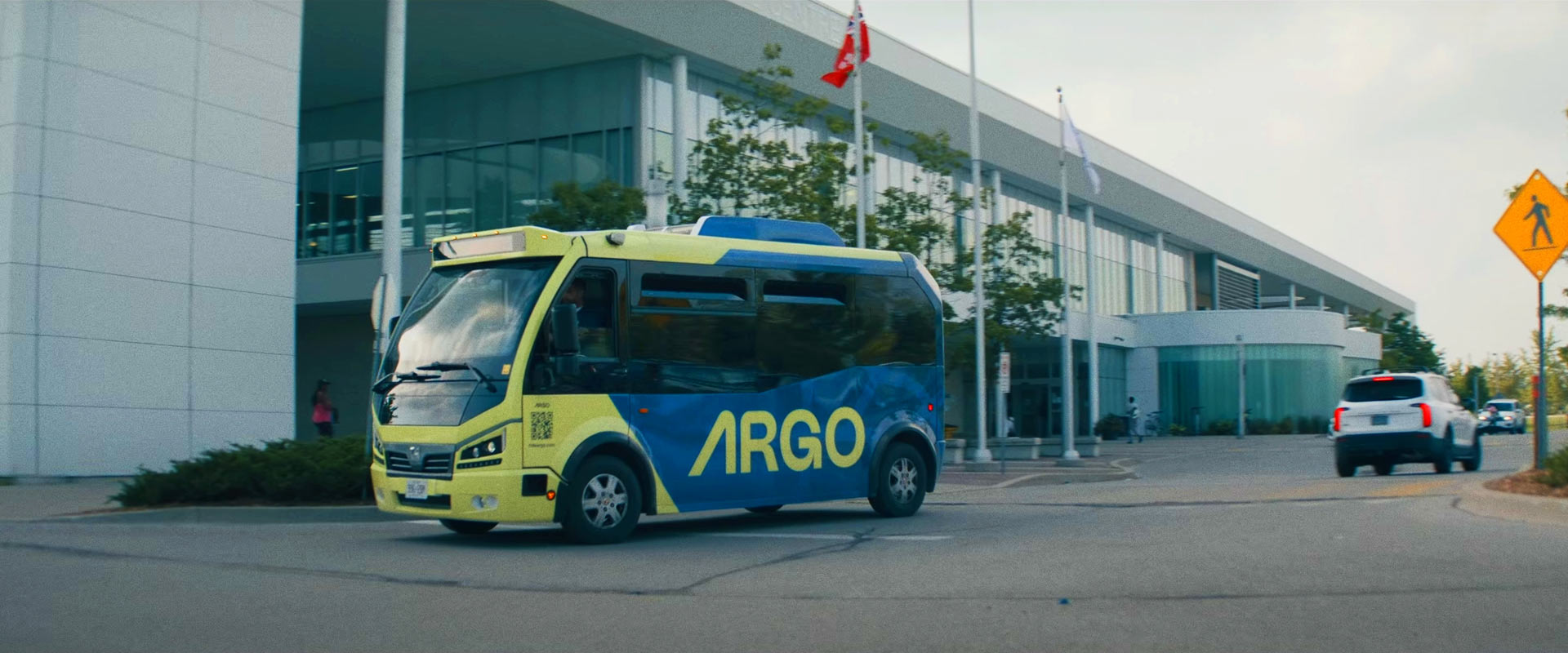
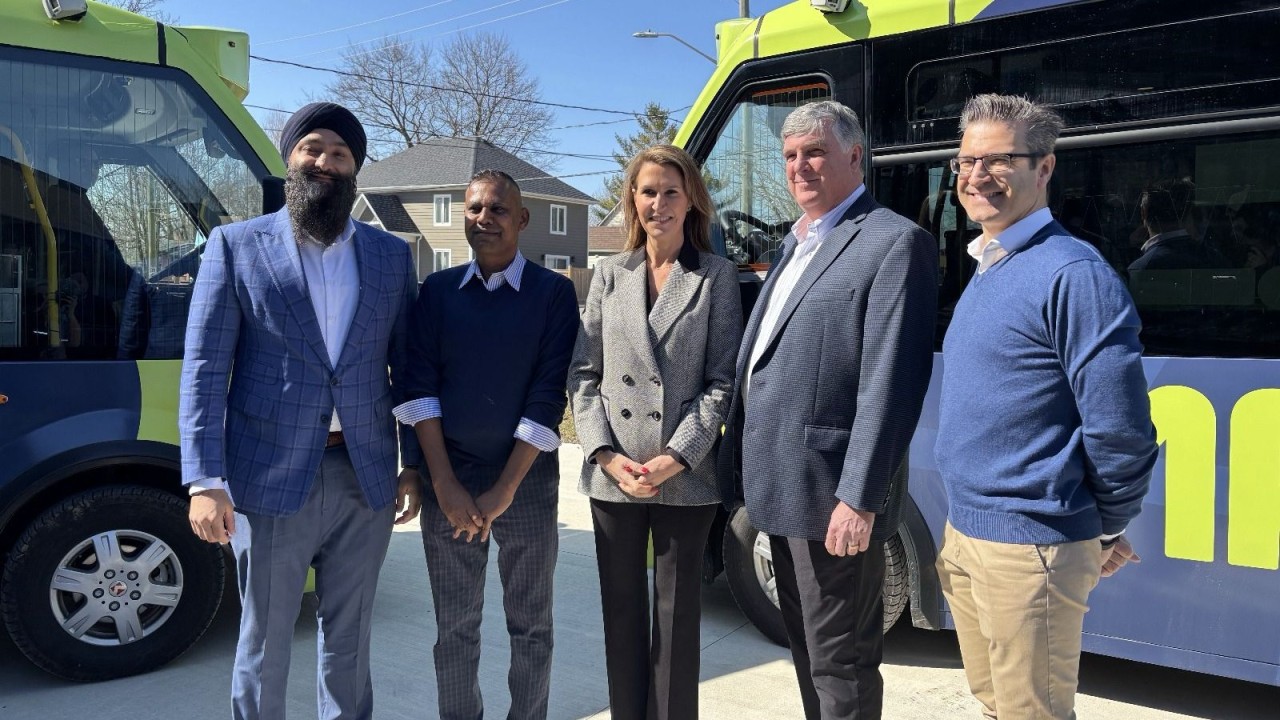
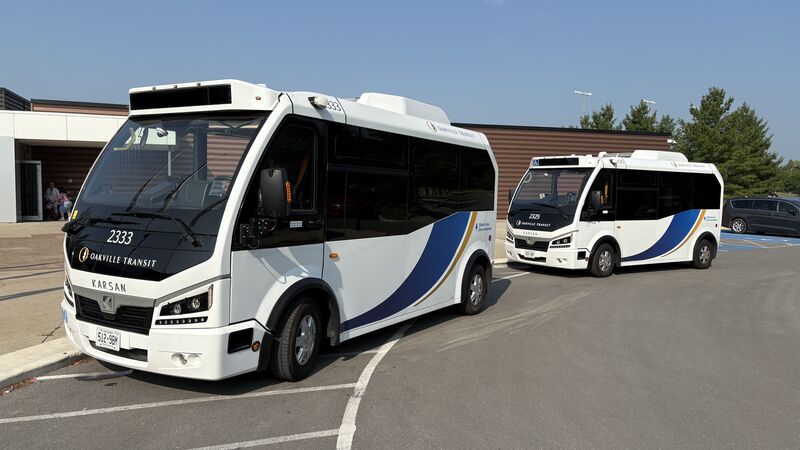
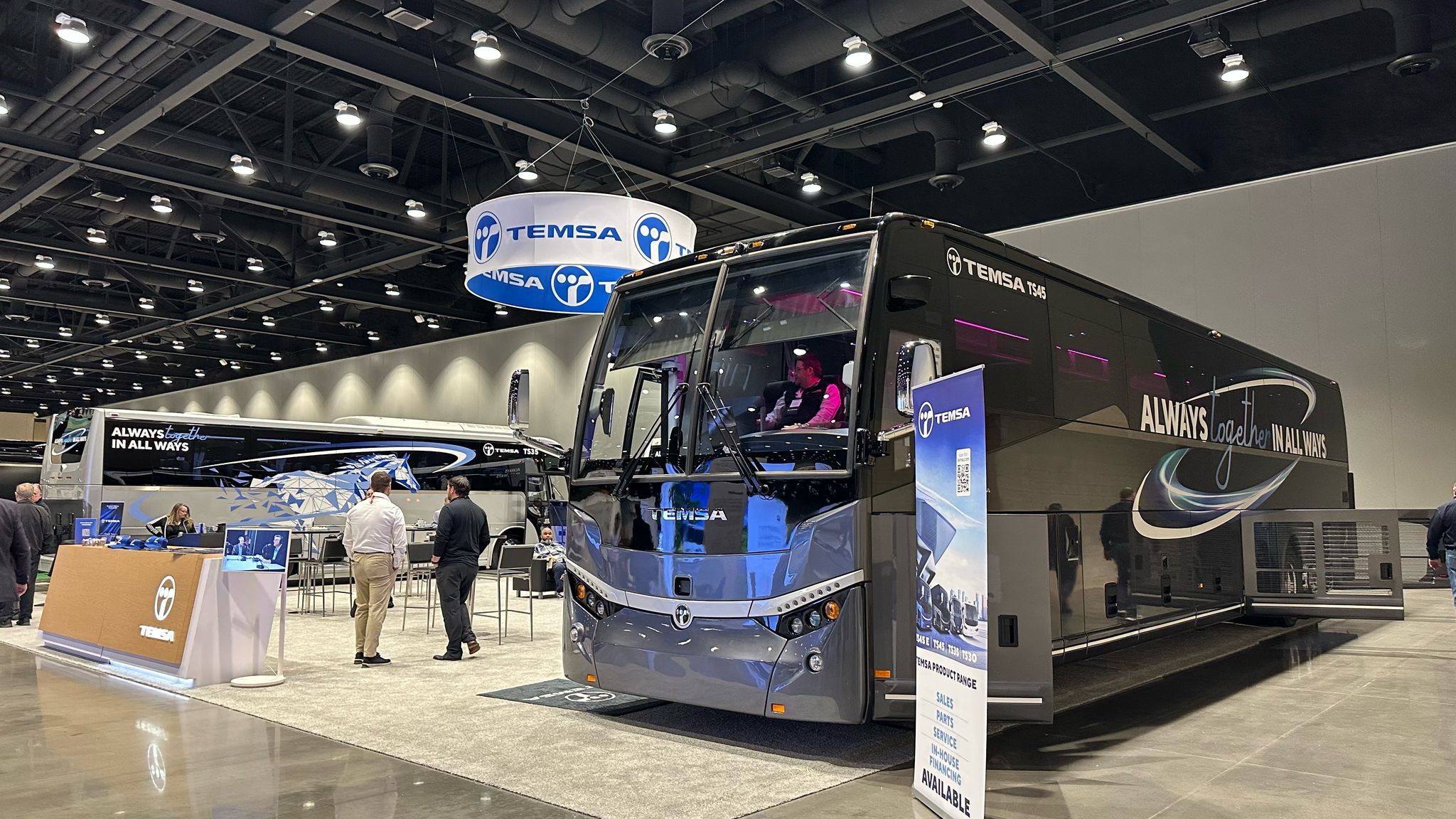




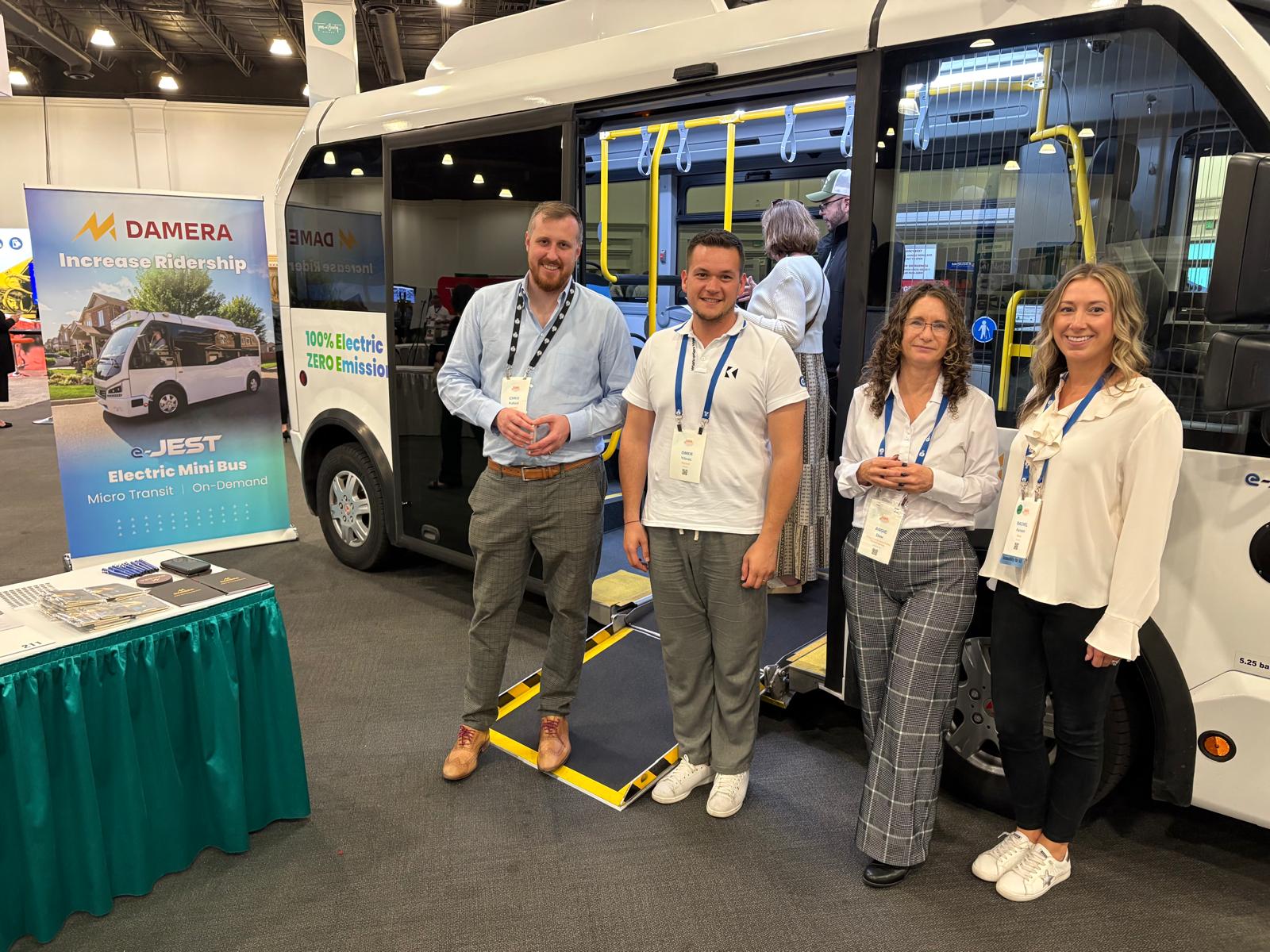























.jpeg)






















.jpg)










